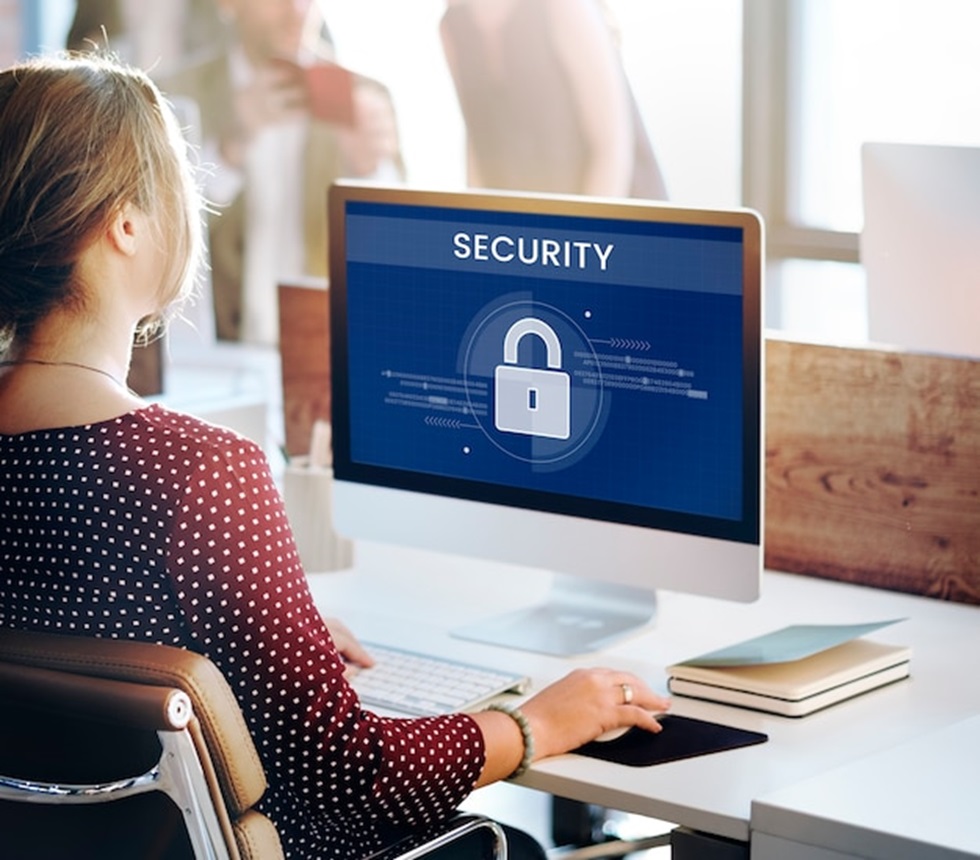The secure sharing of Protected Health Information (PHI) is a crucial aspect of maintaining patient privacy and adhering to HIPAA regulations. With technology playing a significant role in PHI transmission, questions often arise about phone and text communication methods. This article examines the PHI sharing regulations over the phone or through text messages while remaining compliant.
Can You Share PHI Over the Phone?
Yes, sharing PHI over the phone is permitted under HIPAA guidelines, as long as reasonable precautions are taken to ensure that unauthorized individuals do not overhear the conversation. Steps to safeguard patients’ privacy include:
- Verifying the recipient’s identity before discussing PHI.
- Speaking in a private area where others cannot eavesdrop.
- Employing role-based access to limit the number of employees authorized to access PHI.
- Using an encrypted phone system that prevents interception of information.
It is crucial to remember that inadvertent violations can still occur. For example, an employee may accidentally disclose PHI to the wrong person or leave a voicemail that is accessed by an unauthorized party. To minimize such risks, healthcare organizations should invest in secure phone systems and provide staff with training on properly handling PHI over the phone.
Can You Share PHI Through Text Messages?
Generally, texting PHI is not recommended because it poses security risks. Traditional Short Message Services (SMS) and many messaging apps lack encryption, leaving PHI susceptible to unauthorized access. However, if a secure and encrypted messaging platform is used and both parties have agreed on the communication method, sharing PHI can be acceptable. When choosing a messaging solution, ensure it complies with the following requirements:
- End-to-end encryption to protect PHI during transmission.
- An authentication process, like passwords or unique PINs.
- The ability to remotely disable, lock, or wipe devices containing PHI if lost or stolen.
- Regular security audits and updates.
You need to make sure your employees understand that there should be no PHI exchanged over unsecured messaging platforms hipaa compliant gmail? Also, they must recognize the potential risks associated with this type of communication and stay alert for signs of PHI breaches so that they can take immediate action. This will help protect your organization from potential HIPAA violations and penalties.
To Wrap Up
Although sharing PHI over the phone and text messages is permissible under certain conditions, healthcare organizations must be diligent in safeguarding patient information. By implementing clear policies, utilizing secure communication methods, and investing in HIPAA compliance consulting, you can maintain an efficient and compliant communication system. This can help reduce exposure to data breaches and help protect your organization from costly HIPAA fines. Thanks for reading.

